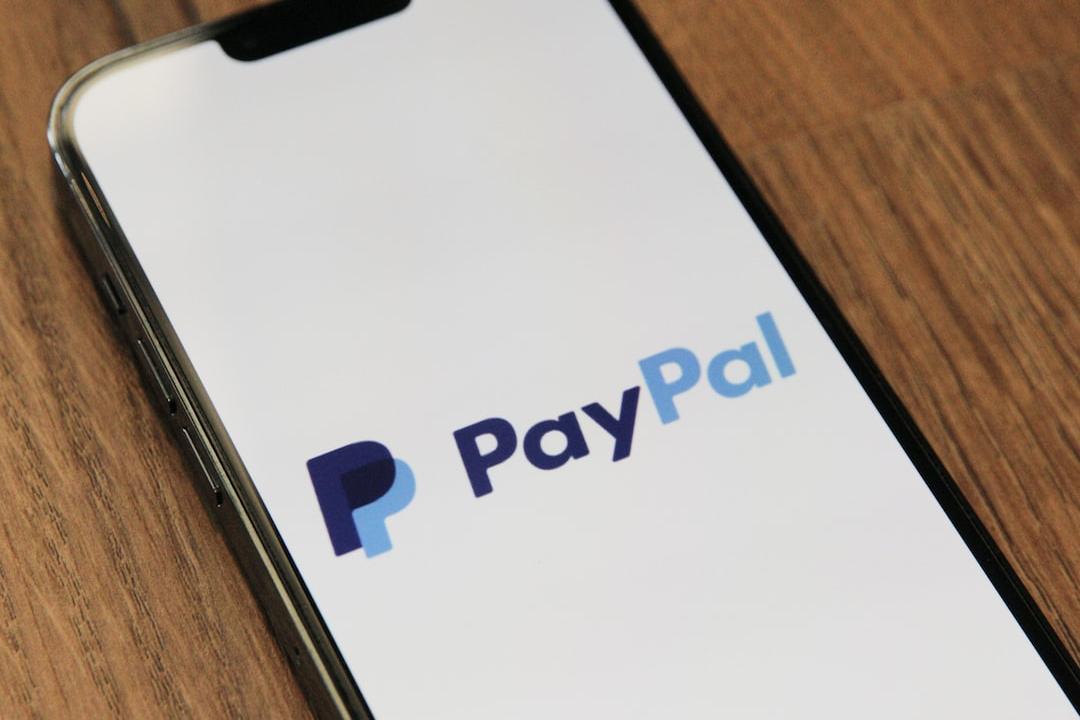Oklahoma Passes Groundbreaking Legislation to Safeguard Bitcoin Self-Custody Wallets
In a significant victory for digital asset supporters, Oklahoma Governor Kevin Stitt has signed into law a new bill known as HB3594, which aims to protect the fundamental rights of Bitcoin users amidst the U.S. government’s crackdown on self-custody wallets.
The bill, championed in the House by Congressman Samuel Brian Hill and Senator Bill Coleman, ensures that the state government is prohibited from banning or restricting the use of digital assets for purchasing legal goods and services, as well as the self-custody of digital assets using a self-hosted or hardware wallet.
Furthermore, HB3594 will prohibit additional taxes on Bitcoin when used as a form of payment and safeguard Oklahomans’ right to mine cryptocurrencies. The legislation also clarifies that certain individuals are not required to obtain a money transmitter license.
Drafted based on policy proposals put forth by the non-profit organization Satoshi Action Fund, the bill reinforces Oklahoma’s pro-crypto stance on regulating digital assets.
Dennis Porter, CEO of Satoshi Action Fund, emphasized the importance of self-custody in preserving individual control over assets, stating, “The idea that ‘We the People’ cannot hold our own assets is antithetical to American values. Without the ability to manage our wealth, we lose control of our destiny and the chance to create better futures for our families. This law ensures that everyone can secure not only their Bitcoin but all their assets.”
The legislation comes at a time when the U.S. government is intensifying its efforts to crack down on cryptocurrencies, particularly self-custody wallets. Recent arrests of individuals involved in the development of Samourai Wallet and Tornado Cash have raised concerns over alleged money laundering and unlicensed money-transmitting activities.
Authorities are particularly focused on preventing illicit criminal and terrorist financing through the use of crypto mixers. Tornado Cash, for example, has been accused of facilitating over $1 billion in money laundering transactions for North Korean hackers.
While the federal charges have sparked outrage among pro-crypto advocates, who argue that self-custody is essential for protecting against bad actors in the digital asset sector, the passage of HB3594 in Oklahoma sends a clear message that the right to access and self-custody Bitcoin and digital assets must be safeguarded.
The new law will go into effect on November 1, 2024. It remains to be seen whether other states will follow Oklahoma’s lead in enacting similar legislation.

